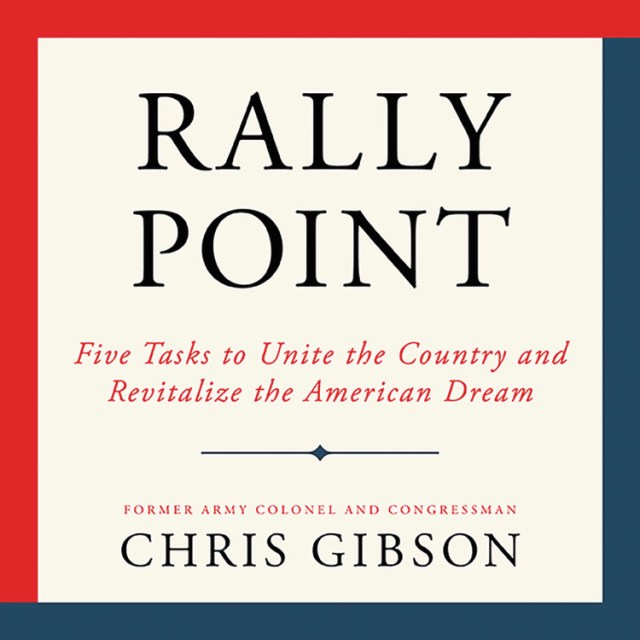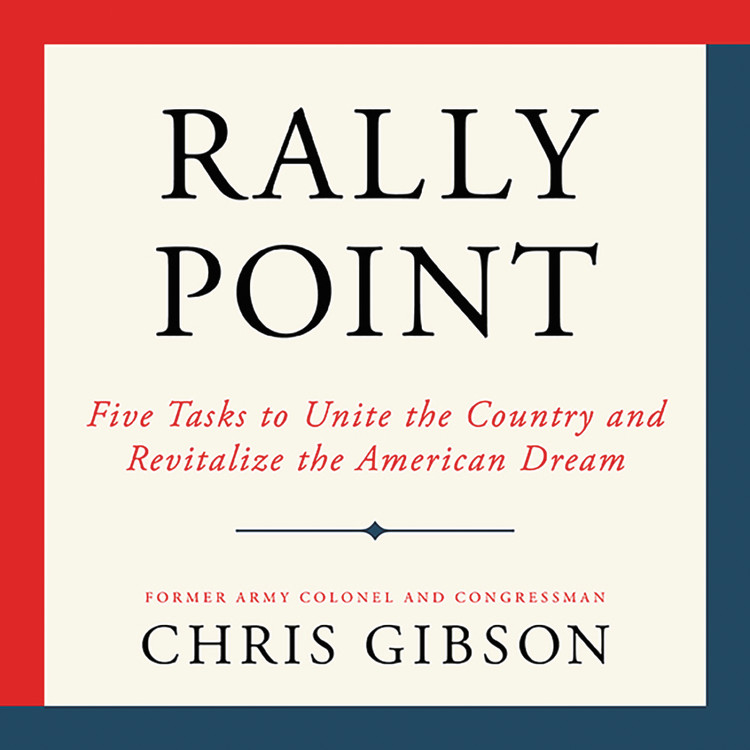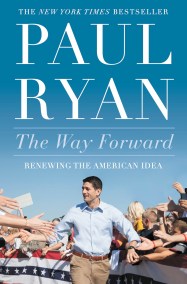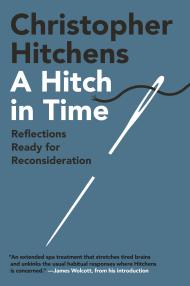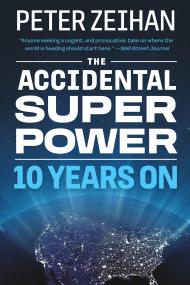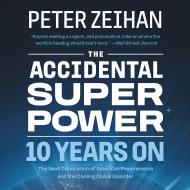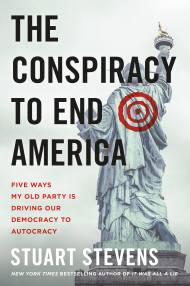By clicking “Accept,” you agree to the use of cookies and similar technologies on your device as set forth in our Cookie Policy and our Privacy Policy. Please note that certain cookies are essential for this website to function properly and do not require user consent to be deployed.
Rally Point
Five Tasks to Unite the Country and Revitalize the American Dream
Contributors
By Chris Gibson
Read by Chris Gibson
Formats and Prices
- On Sale
- Oct 3, 2017
- Publisher
- Hachette Audio
- ISBN-13
- 9781478989066
Format
Format:
- Audiobook Download (Unabridged)
- ebook $13.99 $17.99 CAD
- Hardcover $36.00 $46.00 CAD
This item is a preorder. Your payment method will be charged immediately, and the product is expected to ship on or around October 3, 2017. This date is subject to change due to shipping delays beyond our control.
Buy from Other Retailers:
A smart and surprising political inventory for how America can reunite and revitalize in a time of crisis.
Written by an admired leader of the Republican party, Rally Point: Five Tasks to Unite the Country and Revitalize the American Dream looks past the 2016 election, past the finger pointing and conventional political thinking, to focus on clear, primary principles that conservatives must debate and defend to protect the future of America.
Raised in a working-class family in upstate New York, the first in his family to go to college, paid for in part by his service in the National Guard, Chris Gibson rose from Private to Colonel in the Army, including combat command in the storied 82nd Airborne Division. RALLY POINT is his story: what he’s learned from the “School of Hard Knocks” and how he’s applied those precious life lessons during his service in Iraq and in Congress.
Drawn from a deep appreciation of history and American exceptionalism, Gibson provides incisive and frank analysis of the current political environment, including President Trump, and provides a roadmap based on time-tested Founding principles to help unite our country and revitalize the American Dream. RALLY POINT is a thoughtful, compelling, enjoyable read – a must for serious-minded Americans looking for answers in this challenging political environment.
Written by an admired leader of the Republican party, Rally Point: Five Tasks to Unite the Country and Revitalize the American Dream looks past the 2016 election, past the finger pointing and conventional political thinking, to focus on clear, primary principles that conservatives must debate and defend to protect the future of America.
Raised in a working-class family in upstate New York, the first in his family to go to college, paid for in part by his service in the National Guard, Chris Gibson rose from Private to Colonel in the Army, including combat command in the storied 82nd Airborne Division. RALLY POINT is his story: what he’s learned from the “School of Hard Knocks” and how he’s applied those precious life lessons during his service in Iraq and in Congress.
Drawn from a deep appreciation of history and American exceptionalism, Gibson provides incisive and frank analysis of the current political environment, including President Trump, and provides a roadmap based on time-tested Founding principles to help unite our country and revitalize the American Dream. RALLY POINT is a thoughtful, compelling, enjoyable read – a must for serious-minded Americans looking for answers in this challenging political environment.
-
"From the unique perspective of a proven combat leader, meticulous scholar, and experienced public policy practitioner, Colonel Gibson offers his insight on what is necessary to revitalize our Republic and unite the country. [This book] combines political philosophy, public policy analysis, and autobiographical lessons to provide a fresh and compelling vision for our country -- a must-read."p.p1 {margin: 0.0px 0.0px 0.0px 0.0px; text-align: center; font: 12.0px Arial}Ed Meese, former U.S. attorney general
-
"Chris Gibson served our country with honor and distinction, both in uniform and in Congress. While we have a different approach to solving some of our country's challenges, we share the critical principle that service to our country and the well-being of the American people must come before partisan politics . . . a timely message of unity for a divided nation."p.p1 {margin: 0.0px 0.0px 0.0px 0.0px; text-align: center; font: 12.0px Arial}Tulsi Gabbard, U.S. representative (HI)
-
"RALLY POINT is an important read about how we can rekindle the American Dream, written by a man who has dedicated his life to public service. From his combat days serving in the U.S. Army to his three terms in the U.S. House of Representatives, Chris's wealth of experience on the most important issues facing our country has given him invaluable insight to chart a practical path forward that can unite our country."p.p1 {margin: 0.0px 0.0px 0.0px 0.0px; font: 12.0px Arial}Elise Stefanik, U.S. representative (NY)
-
"Chris Gibson has done a masterful job of laying out the enormous challenges we face as a nation, then showing us a practical way forward. Beautifully written, with powerful examples -- from baseball to combat, from family to politics -- it's an inspiring roadmap for a better future."p.p1 {margin: 0.0px 0.0px 0.0px 0.0px; text-align: center; font: 12.0px Arial}Chris Stewart, New York Times bestselling author
-
"Thoughtful insights on contemporary America and moving our country forward from a man with an inspiring story of rising from blue-collar roots to become a proven leader for our nation, from the battlefields of Iraq to the halls of Congress."p.p1 {margin: 0.0px 0.0px 0.0px 0.0px; text-align: center; font: 12.0px Arial}Dan Lipinski, U.S. representative (IL)
-
"A leader of character in uniform and on the Hill, Chris Gibson details the drift underway from our nation's founding principles and values; more importantly, he offers alternatives to better align with our forefathers' founding vision. He calls upon us all as citizens to step up and be counted . . . a resounding call to action."p.p1 {margin: 0.0px 0.0px 0.0px 0.0px; text-align: center; font: 12.0px Arial}General Dan Allyn, U.S. Army (retired), former vice chief of the Army
Newsletter Signup
By clicking ‘Sign Up,’ I acknowledge that I have read and agree to Hachette Book Group’s Privacy Policy and Terms of Use
